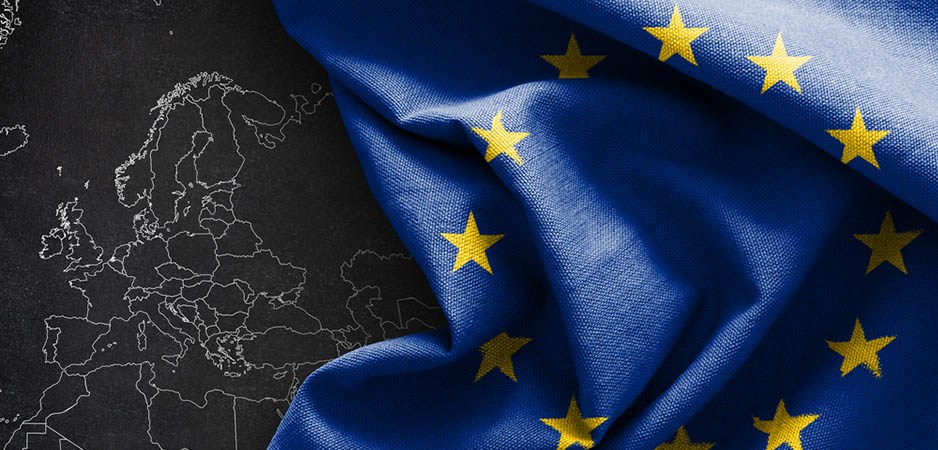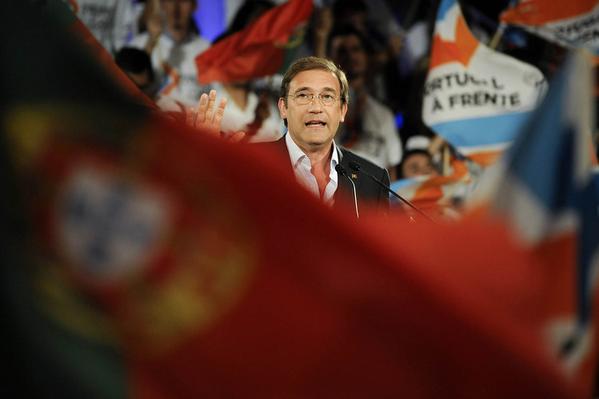
For the past years, many economic indicators have been projecting what the world’s leading political and economic powers would look like in 2020.[1] In these projections, China, Russia, India and the United States were the most anticipated world leaders regarding global governance. However, most of these projections could not take into account the consequences of the outbreak of coronavirus pandemic. The economic and political impacts of the pandemic are changing global governance.[2]
Many pundits in the field of global governance are referring to it as a supranational regulatory framework that lays down rules of organisation on a global scale.[1] Thus, global governance is based on intergovernmental cooperation and/or action by multilateral institutions such as the European Union or the United Nations. It aims at negotiating international responses to problems that affect more than one state or region.[2] Nowadays, the COVID-19 pandemic is a phenomenon as such that strongly encourages intergovernmental cooperation and the emergence of international leadership.[3]
Click Here to Read the Entire Commentary
___________________________________________________
[1] https://globalchallenges.org/global-governance/
[2] https://www.brookings.edu/on-the-record/global-governance-and-what-it-means/
[3] https://www.brookings.edu/opinions/what-covid-19-means-for-international-cooperation/



